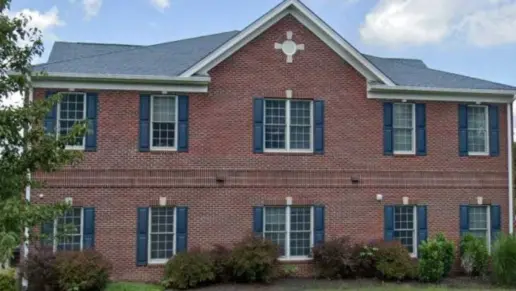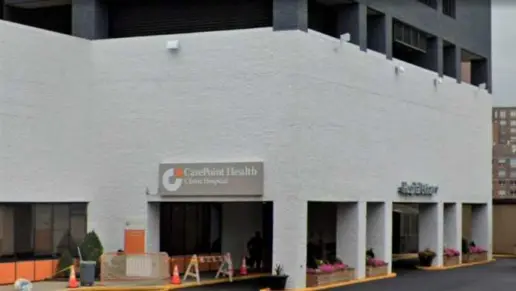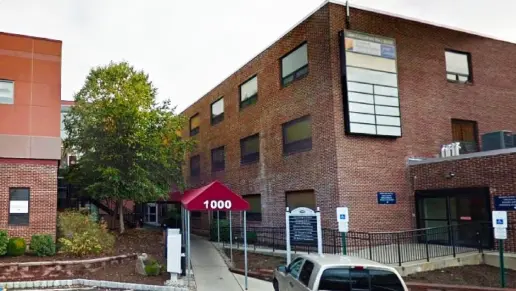About Trenton Treatment Services
Trenton Healthcare Clinic is a medication-assisted treatment facility located in Trenton, New Jersey. Trenton Healthcare Clinic offers treatment programs and services like Methadone Maintenance and Suboxone Maintenance combined with a holistic treatment approach to achieve long term recovery.
Trenton Healthcare Clinic, a Recovery Centers of America company, is taking action to curb the impact of opioids on the Trenton community by offering a full range of proven Medication-Assisted Treatment (MAT) services that include a methadone clinic, doctor supervised suboxone treatment, monitored maintenance, gradual detoxification, physical examinations, STD screenings, psychological assessments, substance abuse counseling, and job readiness program.
Trenton Healthcare Clinic believes in the proven efficacy of methadone as an indispensable treatment option for opiate addiction. Methadone can be used to treat all levels of opiate dependence but is particularly effective for moderate to heavy addiction. Methadone, in combination with counseling, is associated with better treatment outcomes. When used to treat opioid addiction, Methadone is only available at licensed Methadone clinics such as Trenton Healthcare Clinic’s location in Trenton, New Jersey. When taken daily, it can greatly reduce cravings, decrease or eliminate withdrawal symptoms, promote abstinence, and help patients remain productive in day to day activities.
Trenton Healthcare Clinic’s other MAT option is administration of doctor prescribed Suboxone, a partial agonist opioid that’s formulated specifically for the treatment of opiate dependence. Like Methadone, it binds to the brain’s opioid receptors, however, it does not fully stimulate the receptors. Although both medications are proven to be effective for treating opioid dependence, we believe that giving patients a choice, along with the expert guidance of an experienced doctor, can lead to much better recovery outcomes.
Our qualified substance use counselors work with patients to address psychological issues that can contribute to an addiction. Thanks to the various types of counseling provided, such as individual counseling, group counseling, and intensive outpatient counseling, our patients learn skills critical for long-term, sustainable recovery. This allows patients to gain insight into their thoughts and behaviors, and develop tools to help prevent relapse.
Rehab Score
Gallery
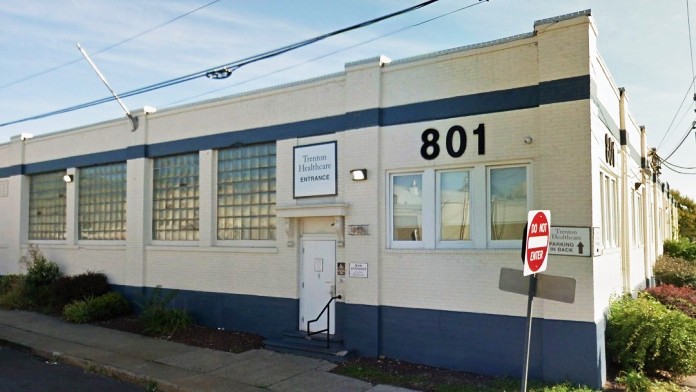
Location
Accepted Insurance
Other Forms of Payment
Private insurance refers to any kind of healthcare coverage that isn't from the state or federal government. This includes individual and family plans offered by an employer or purchased from the Insurance Marketplace. Every plan will have different requirements and out of pocket costs so be sure to get the full details before you start treatment.
Self-pay involves paying for treatment out of your own pocket. You can use savings or credit, get a personal loan, or receive help from family and friends to fund your treatment. If you don't have insurance or your insurance plan doesn't cover a specific program, self-pay can help ensure you still get the care you need.
Medicare is a federal program that provides health insurance for those 65 and older. It also serves people under 65 with chronic and disabling health challenges. To use Medicare for addiction treatment you need to find a program that accepts Medicare and is in network with your plan. Out of pocket costs and preauthorization requirements vary, so always check with your provider.
Medicaid is a state based program that helps lower-income individuals and families pay for healthcare. Medicaid covers addiction treatment so those enrolled can use their coverage to pay for rehab. When a program accepts Medicaid the client often pays very little or nothing out of their own pocket.
Addiction Treatments
Levels of Care
Treatments
A combined mental health and substance abuse rehab has the staff and resources available to handle individuals with both mental health and substance abuse issues. It can be challenging to determine where a specific symptom stems from (a mental health issue or an issue related to substance abuse), so mental health and substance abuse professionals are helpful in detangling symptoms and keeping treatment on track.
Opioid rehabs specialize in supporting those recovering from opioid addiction. They treat those suffering from addiction to illegal opioids like heroin, as well as prescription drugs like oxycodone. These centers typically combine both physical as well as mental and emotional support to help stop addiction. Physical support often includes medical detox and subsequent medical support (including medication), and mental support includes in-depth therapy to address the underlying causes of addiction.
Programs


Clinical Services
Cognitive behavioral therapy (CBT) in New Jersey typically follows a set structure of treatment. The therapist helps clients identify their life challenges and their thoughts surrounding those challenges. The client then learns to identify unhealthy thought patterns and reshape those into healthy patterns of thinking and behavior.
Group therapy is any therapeutic work that happens in a group (not one-on-one). There are a number of different group therapy modalities, including support groups, experiential therapy, psycho-education, and more. Group therapy involves treatment as well as processing interaction between group members.
In individual therapy, a patient meets one-on-one with a trained psychologist or counselor. Therapy is a pivotal part of effective substance abuse treatment, as it often covers root causes of addiction, including challenges faced by the patient in their social, family, and work/school life.
Amenities
-
Private Transportation
Staff & Accreditations
Staff
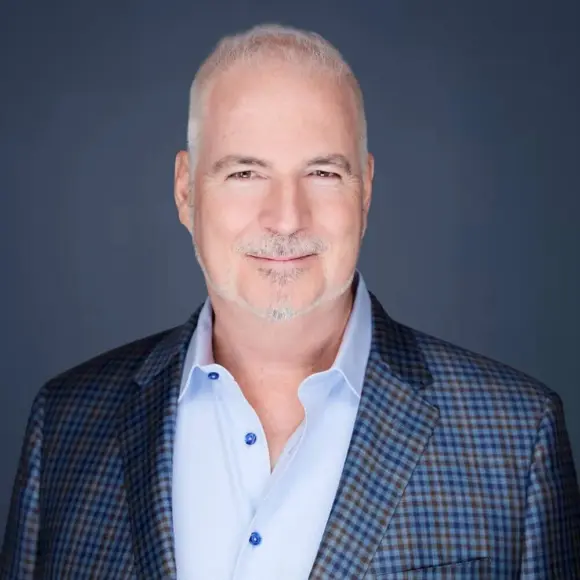
CEO
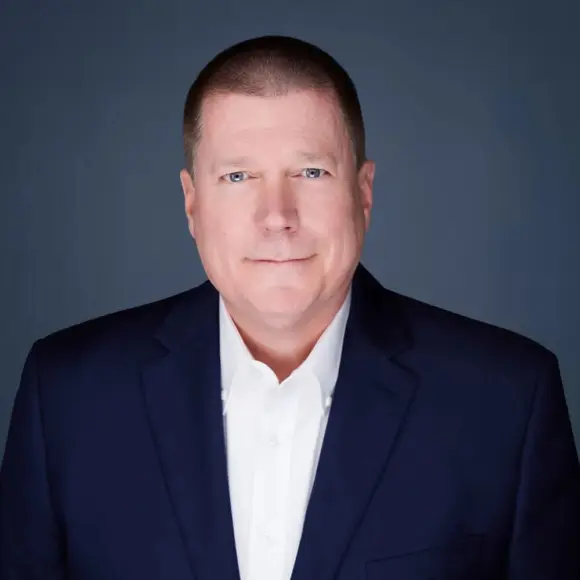
COO

CIO
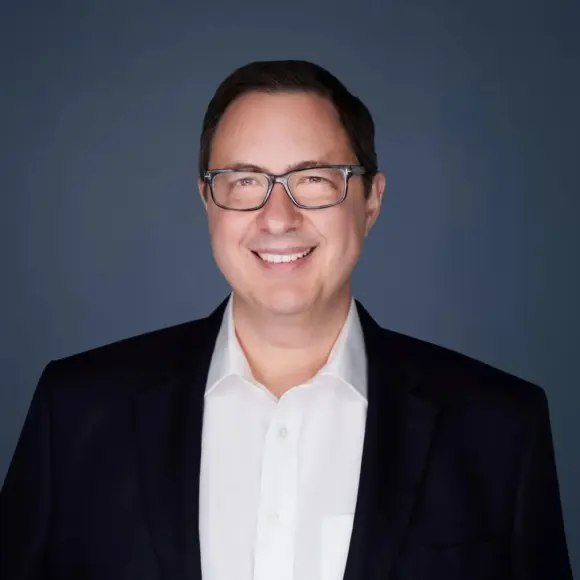
CFO
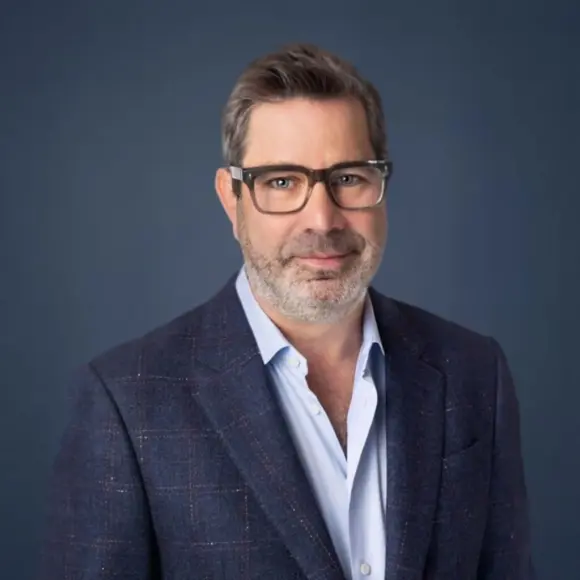
CMO
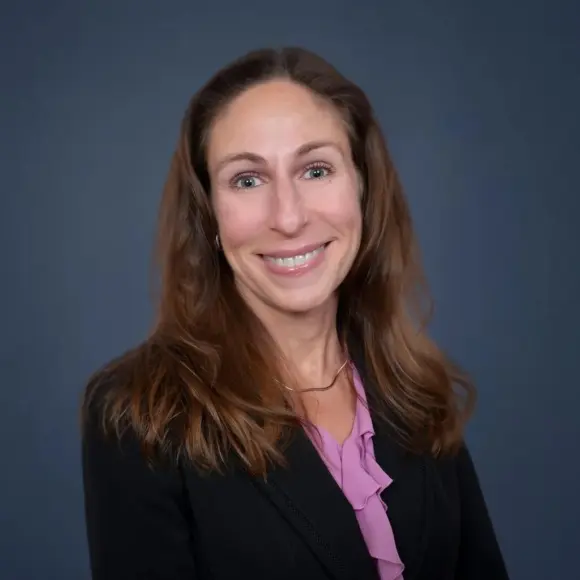
Chief Clinical Officer
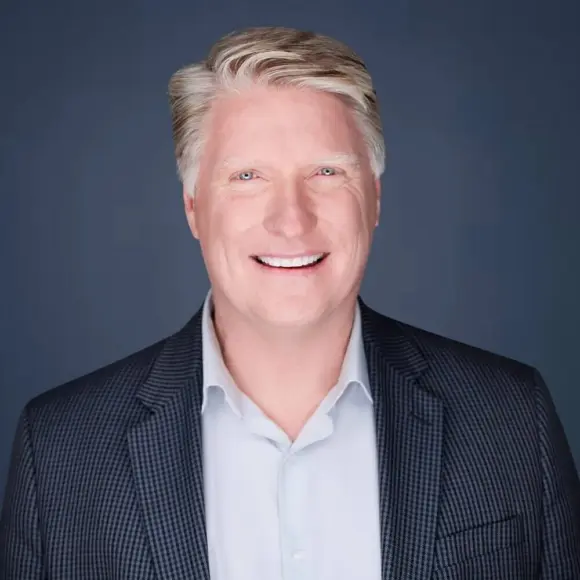
Chief Talent Officer
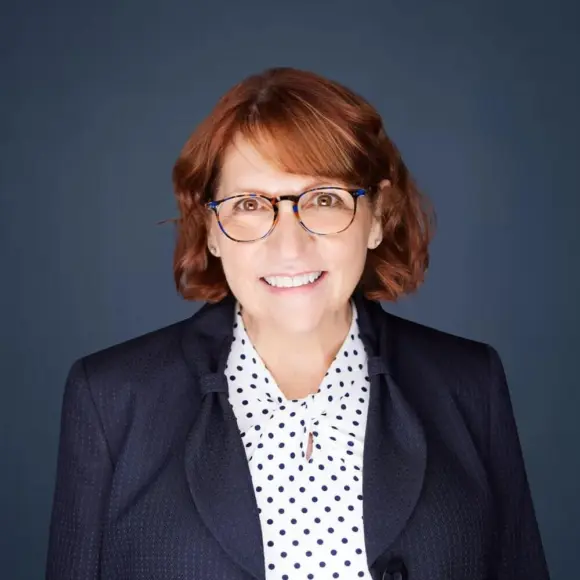
Chief Legal & Compliance Officer
Accreditations

The Substance Abuse and Mental Health Services Administration (SAMHSA) is a branch of the U.S. Department of Health and Human Services. Established in 1992 by congress, SAMHSA's mission is to reduce the impact of substance abuse and mental illness on American's communities.
SAMHSA Listed: Yes

The Commission on Accreditation of Rehabilitation Facilities (CARF) is a non-profit organization that specifically accredits rehab organizations. Founded in 1966, CARF's, mission is to help service providers like rehab facilities maintain high standards of care.
CARF Accreditation: Yes

LegitScript has reviewed Trenton Treatment Services as part of their certification program, and has determined that it meets the LegitScript standards for legality, safety and transparency.
LegitScript verified in April 2020

State Licenses are permits issued by government agencies that allow rehab organizations to conduct business legally within a certain geographical area. Typically, the kind of program a rehab facility offers, along with its physical location, determines which licenses are required to operate legally.
State License: New Jersey
License Number: 20000666

The National Association of Addiction Treatment Providers (NAATP) is a professional association that represents organizations in the field of addiction services. Founded in 1978, NAATP's mission is to advance addiction services and ensure that high-quality addiction treatment is available and accessible.
NAATP Member: Yes
Contact Information
801 New York Ave
Trenton, NJ 08638




